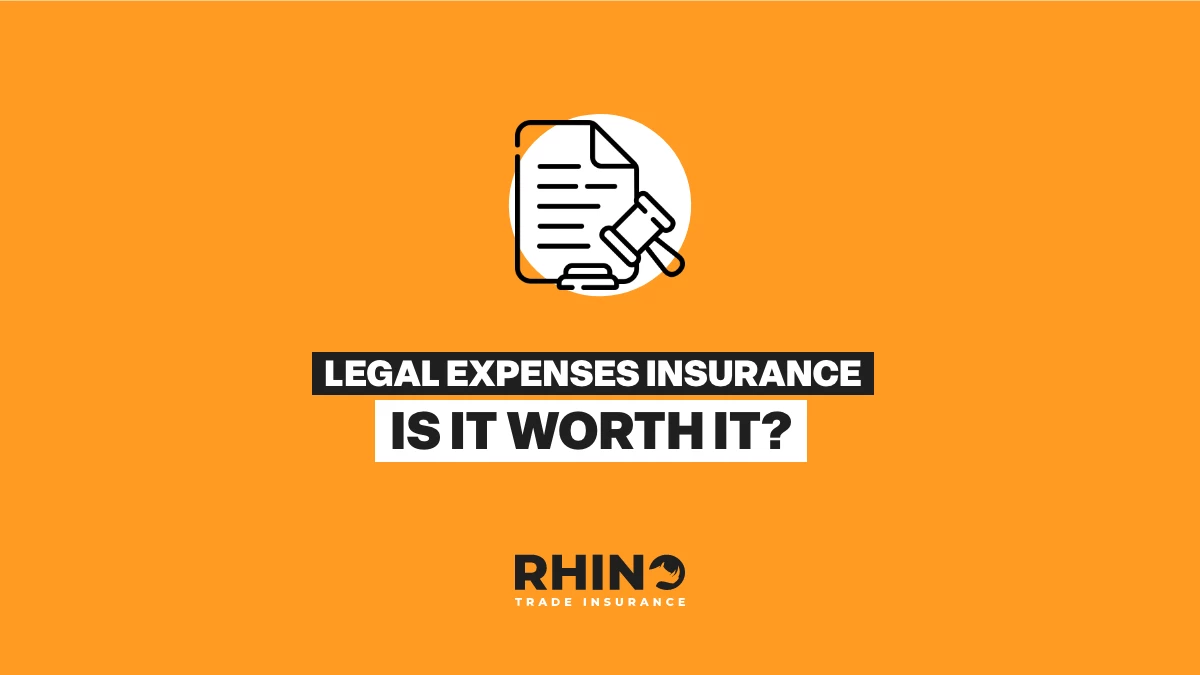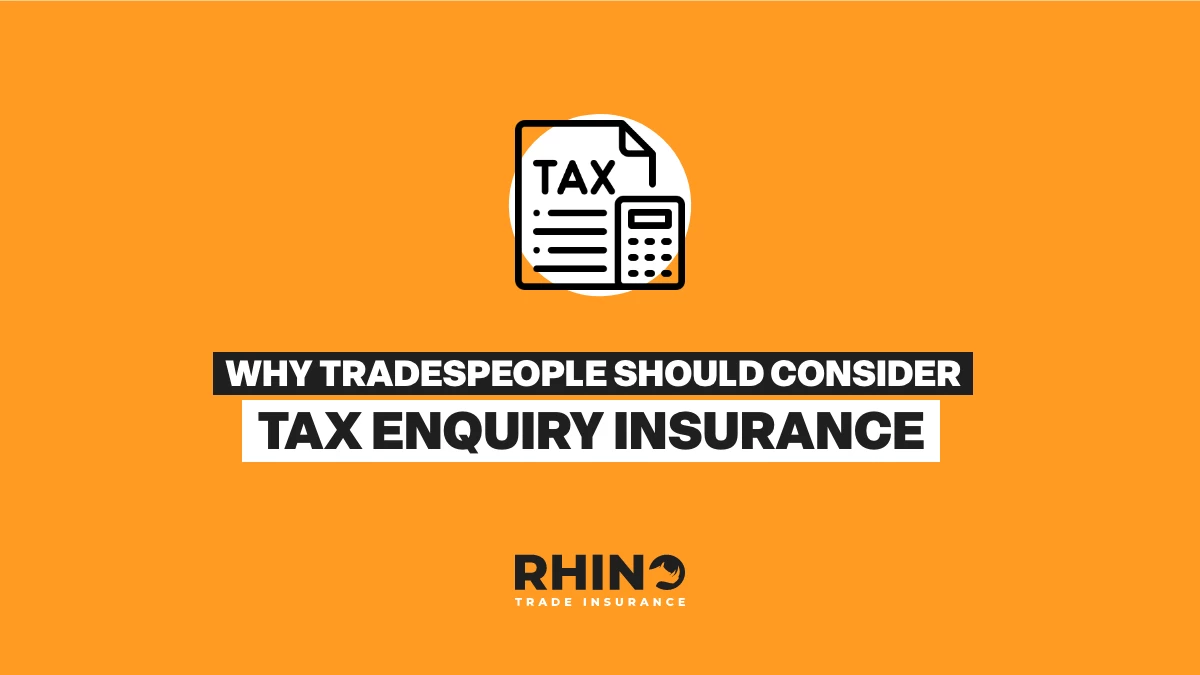
Legal Expenses Insurance – Is it Worth It?
Legal Expenses Insurance for tradespeople explained—what it covers, when you might need it, and how it protects against costly legal fees.
One of the most challenging things about being a self-employed tradesman is working out how to charge your customers. Not only do you have to quote sufficiently to cover your time, transport, and any necessary equipment to carry out the work, but you also have to cover the costs of running your business. In addition, you have to pay for things like your tools, electrician's insurance, website and marketing, vehicle, and various other expenses; all of these must be factored into your quotes. So, how do you know what to charge as an electrician? We've put together some information so you can ensure you're paid fairly for your expertise.
According to a UK Trade's Salary Review, electricians consistently earn the most money out of all the trades active in the UK. These rates are perhaps due to the technical difficulty of their work and the fact that they require certifications and accreditations to carry out their business. Most electricians quote for jobs in one of three ways:
How you quote is totally up to you, but you need to make sure you're getting paid fairly for your time and services.
According to Check-a-Trade, the average cost of an electrician is £45 per hour and £225 per day. You can quickly calculate this equates to an excellent salary, and the earning potential of skilled and highly sought-after electricians is extremely high. But remember, self-employed electricians have a number of costs to cover, which are factored into their quotations.
An electrician's take-home pay isn't likely to be the hourly or daily rate that they quote to their clients. In reality, self-employed electricians have a number of essential and operational costs to cover, which include:
When quoting for your work, you must factor in a certain percentage of your fee that contributes to covering the various costs associated with running your self-employed business. If you don't, you will quickly eat away at any profits and struggle to make a living.
Although quotations can be difficult to get right, you need to make sure you don't undersell yourself. Start at the UK average of £45 per hour/£225 per day and go from there. To know what you're up against, you may want to look at competitors in your local area too. Once you gain further experience and build relationships with clients, you can always amend your prices as needed.
One other area we can help with is making sure your insurance costs are as low as possible. We are a specialist tradesman insurer and have the cheapest premiums we've found on the market. Speak to our team to find out more.
Legal Expenses Insurance for tradespeople explained—what it covers, when you might need it, and how it protects against costly legal fees.
Worried about a tax investigation? With HMRC cracking down in 2025, Tax Enquiry Insurance from Rhino gives UK tradespeople expert protection and peace of mind.
Rhino Trade Insurance CEO Troy Stevens joins industry leaders at the House of Commons to discuss the rising issue of tool theft—highlighting its impact on UK tradespeople and the importance of awareness and protection.
Tell us your trade and get a tailored insurance quote for your business in seconds
Our team of experts are available to talk to Mon-Fri 08.30-17.30 and Sat 10.00-14.00

